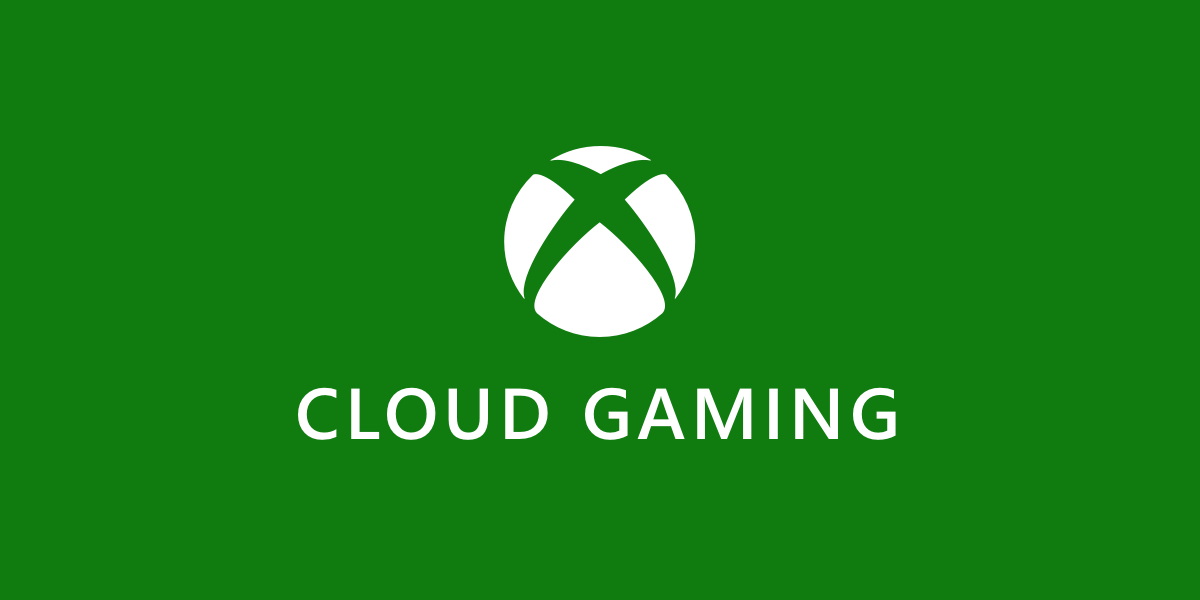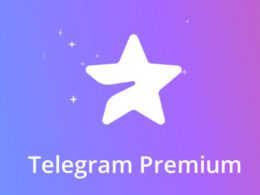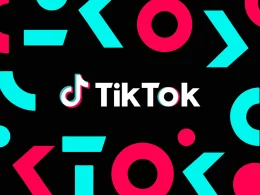Microsoft Foregoes Xbox Cloud Gaming App for iOS over Monetization Concerns
Microsoft has decided not to launch the Xbox Cloud Gaming app for iOS at this time, citing uncertainties about its monetization potential. This was revealed by Phil Spencer, head of Microsoft’s gaming division, in an interview with The Verge.
Regulatory Changes Deemed Insufficient
Spencer responded negatively to the idea of Apple’s recent changes to its European Union app infrastructure providing an opening for Xbox Cloud Gaming. The problem, he said, is still monetization. The “Digital Markets Act” (DMA) that prompted Apple to tweak its ecosystem has not gone far enough to level the playing field, he argued.
Spencer elaborated, saying, “We have no opportunity to monetize Xbox Cloud Gaming on iOS. The proposal made to Apple — I think the comments from [Xbox’s president] Sarah Bond were indeed spot on — did not go far enough to open up [Apple’s mobile ecosystem].” He added that the changes could even be seen as moving in the opposite direction and that they certainly did not go far enough to incite competition on the world’s largest gaming platform.
A Push for More Diverse Marketplaces
Spencer asserted Microsoft’s commitment to continued collaboration with regulatory bodies, Apple, and Google to create spaces for alternative app stores. Citing Windows as an example of a platform with multiple store options (Microsoft Store, Steam, Epic Games Store, GOG), he stressed the consumers’ and developers’ benefits of having alternative buying options.
New EU Legislation & Apple’s Response
The impending European “Digital Markets Act” requires Apple to open up iOS to alternative app stores and payment systems. Meanwhile, Apple has proposed its own set of alternative conditions to developers open to its new policy. This includes a “core technology fee” (CTF) of €0.50 per app install. Apple’s proposed conditions were met with criticism from the heads of Spotify and Epic Games. Interestingly, Apple’s updated policy has opened the ecosystem to cloud gaming platforms previously accessible only via web interfaces.





